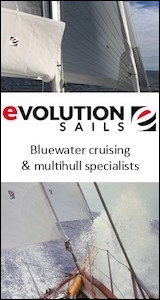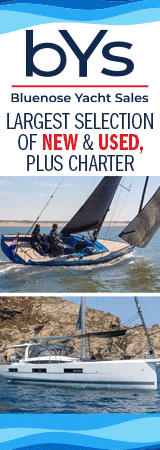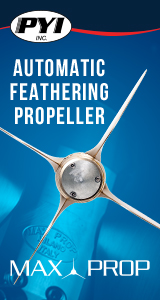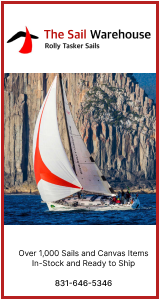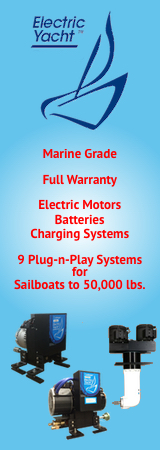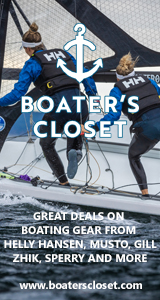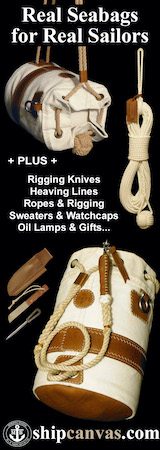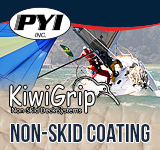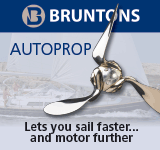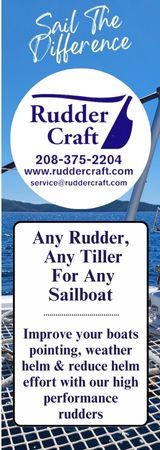Prout & Sons
The firm of G. Prout and Sons was a partnership started by Mr Geoffrey Prout and his two sons, Roland and Francis, in 1935. The Company originally specialised in building canoes, and folding dinghies as yacht tenders. After the war, the brothers Roland and Francis and their father opened a small factory at Small Gains Comer on Canvey Island. From then on the firm grew and hundreds of folding dinghies and canoes were sold all over the world. Roland and Francis represented Britain in canoeing during the 1952 Olympic Games.
As early as 1949 Roland and Francis Prout started experiments by lashing two canoes together to make their first catamaran. The results were so promising that they decided to design their first catamaran, the Shearwater 1. It was raced locally and won every race. The Shearwater 1 was entered in the "D" class handicap in the Burnham-on-Crouch annual regatta week in 1954, and won this outright.
A a result of the interest generated by these events the Prouts designed the smaller and more easily trailed Shearwater III, which they entered in the first Cross-Channel Dinghy Race from Folkestone to Boulogne in 1956, and beat all the best racing dinghy helmsmen of the day by over one hour.
The resulting publicity ensured the success of the Shearwater Ill from then on. The Shearwater III was the world's first production catamaran and became a strong and successful class in Britain with fleets actively sailing all over Britain and the Continent.
The Prouts went on to built other designs, mostly in the larger cruising classes. Some of the designs produced from 1958 to 1965 were: the Cougar, a 19ft two-man boat which was very successful in the USA; 27ft and 31ft Ranger class cruisers: the 45ft Ocean range; 35ft and 37ft Taranga class; 36ft Princess Catherine and the 77ft Tsulmaran luxury cruiser. These were followed by the Snowgoose 35, the the Quest 31, the Snowgoose 37 and the Quasar 49 one of the most spacious catamarans available at the time.
The Prout brothers also designed and produced a small 14ft outboard-powered catamaran sportsboat called the Panther in which they competed and won the Havoline Trophy at Ruislip in 1962. A hundred or so of these boats were produced, and one raced and completed the Paris 6-hour Race, the first catamaran to do so.
Years in Business: 1935 - 2002
Sailboats Built By Prout & Sons
(Dates indicate when boat was first built by any builder)
16 Sailboats / Per Page: 50 / Page: 1
| MODEL | LOA | FIRST BUILT | FAVORITE | COMPARE |
|---|---|---|---|---|
| APOLLO 18 | 18.00 ft / 5.49 m | 1969 |
|
|
| COUGAR MK III | 18.75 ft / 5.72 m | 1962 |
|
|
| ESCALE 39 (PROUT) | 39.04 ft / 11.90 m | 1991 |
|
|
| EVENT 34 (PROUT) | 34.00 ft / 10.36 m | 1993 |
|
|
| MOODY EXCEL 34 | 33.75 ft / 10.29 m | 1999 |
|
|
| PROUT 38 | 38.00 ft / 11.58 m | 1998 |
|
|
| QUASAR 50 (PROUT) | 49.00 ft / 14.94 m | 1980 |
|
|
| QUEST 31 (PROUT) | 31.00 ft / 9.45 m | 1970 |
|
|
| QUEST 33 (PROUT) | 33.00 ft / 10.06 m | 1971 |
|
|
| RANGER 27 (PROUT) | 26.48 ft / 8.07 m | 1962 |
|
|
| SHEARWATER III | 16.50 ft / 5.03 m | 1956 |
|
|
| SIROCCO 26 (PROUT) | 25.92 ft / 7.90 m | 1982 |
|
|
| SNOWGOOSE 35 (PROUT) | 35.17 ft / 10.72 m | 1970 |
|
|
| SNOWGOOSE 37 (PROUT) | 37.00 ft / 11.28 m | 1983 |
|
|
| SNOWGOOSE 37 ELITE (PROUT) | 37.00 ft / 11.28 m | 1986 |
|
|
| SWIFT (PROUT) | 14.50 ft / 4.42 m | 1954 |
|
